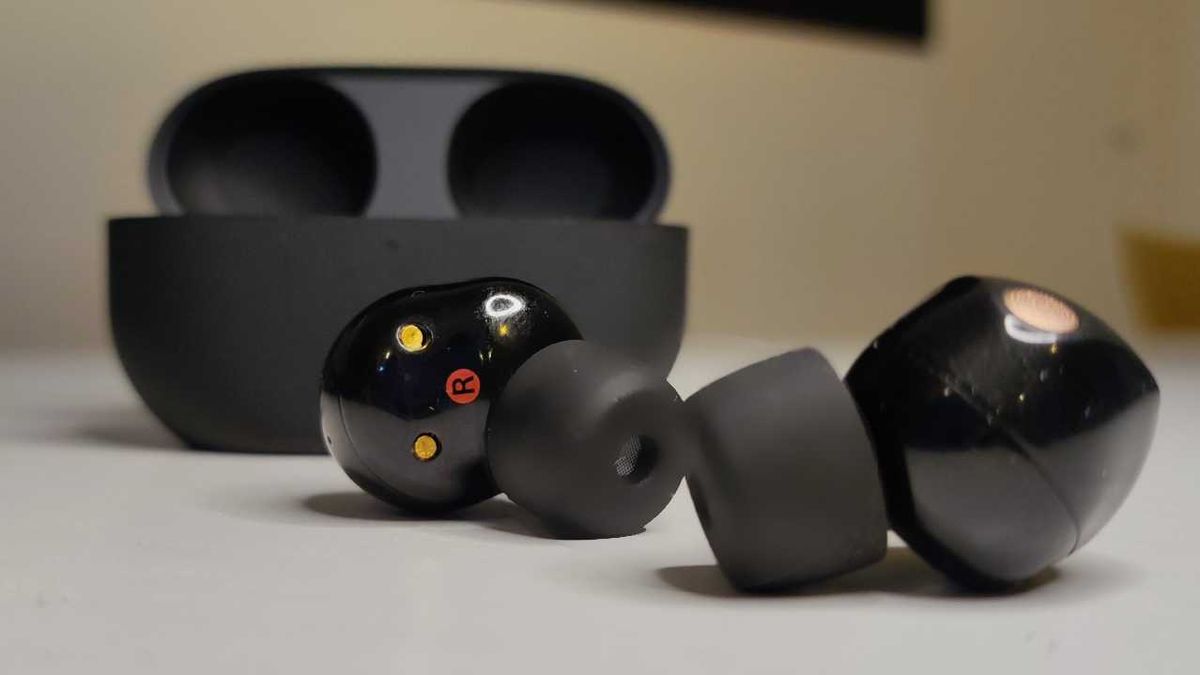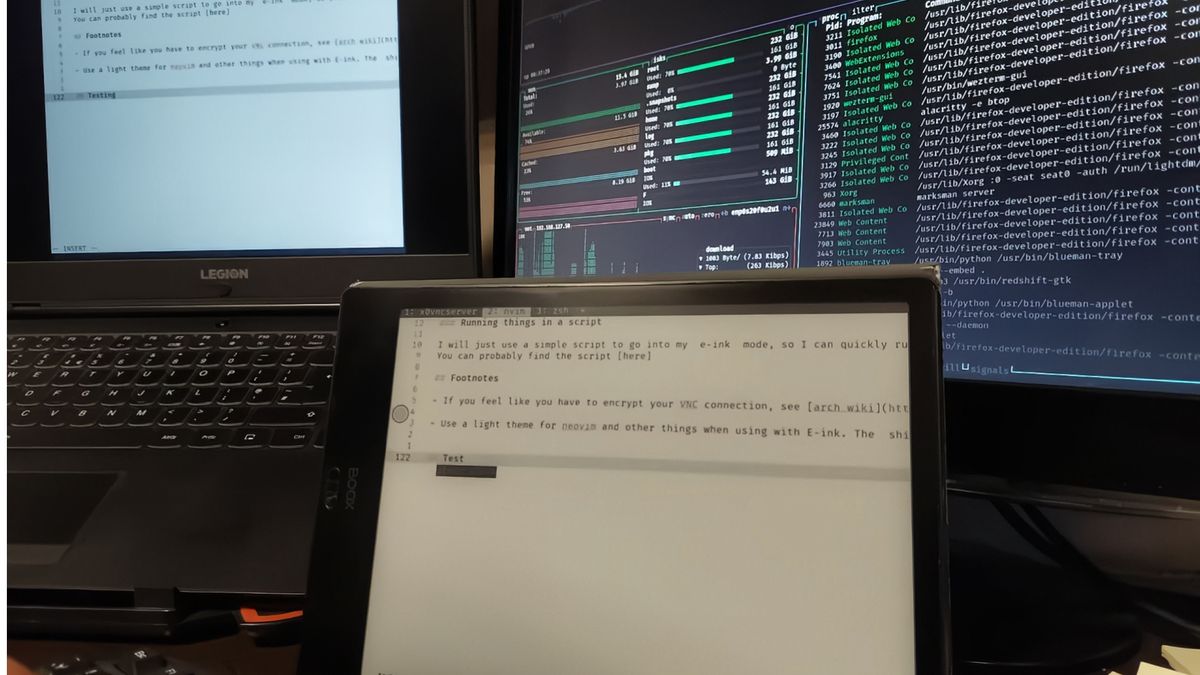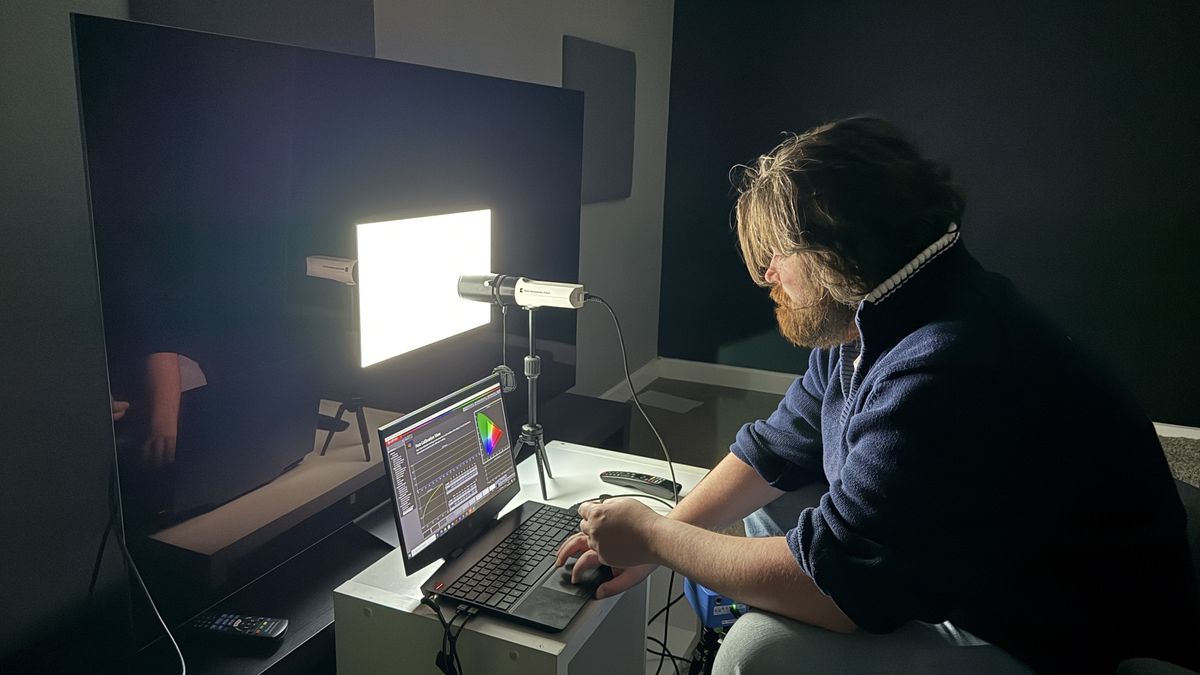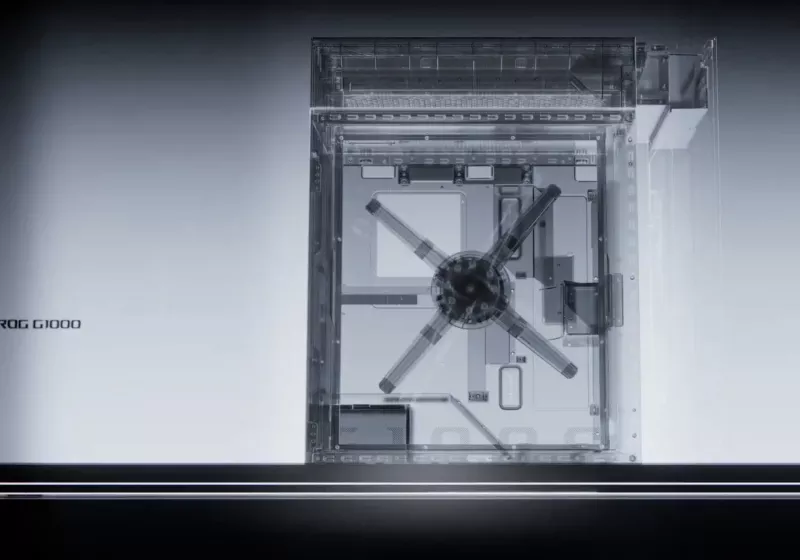President Donald Trump’s desire to create a golden age of American manufacturing is at the center of his trade war—feasibility be damned—and not even his friends can get around it. On Friday, Trump threatened Apple with 25% tariffs on any iPhones that aren’t made in the U.S.
“I have long ago informed Tim Cook of Apple that I expect their iPhone’s that will be sold in the United States of America will be manufactured and built in the United States, not India, or anyplace else,” Trump wrote on Truth Social. “If that is not the case, a Tariff of at least 25% must be paid by Apple to the U.S.”
In addition, Trump slammed the European Union as “formed for the primary purpose of taking advantage of the [U.S.] on TRADE” and threatened them with 50% tariffs beginning June 1 because, apparently, they’ve been “very difficult to deal with.” Following Trump’s posts, Apple shares fell 4%.
Since taking office, Trump’s admiration of protectionism and Gilded Age tariffs has influenced his evolving and often contradictory tariff policies. Throughout it all, China, where Apple produces about 90% of all iPhones, has been public enemy No. 1. Last month, Apple’s stock lost over $300 billion in one day after Trump slapped tariffs several countries including China, Taiwan, India, and Vietnam, which are some of Apple’s major manufacturing hubs.
Analysts at investment bank UBS warned that the reciprocal tariffs on imported goods could drastically jack up iPhone prices. Although the administration introduced exemptions for electronics like phones and computers, Cook said on a quarterly earnings call that existing tariffs could cost Apple $900 million this quarter.
To reduce impact, Apple planned to shift U.S.-bound iPhone production to India by the end of next year. That didn’t sit well with Trump. Last week in Qatar, he said, “I had a little problem with Tim Cook. I said to him, ‘Tim, you’re my friend. I treated you very good… But now I hear you’re building all over India. I don’t want you building in India.'”
Indeed, Cook spent years cozying up to Trump, who actually mentioned forcing Apple to manufacture in the U.S. all the way back in 2016 during his first presidential campaign. In January, Cook donated $1 million of his own money to Trump’s inauguration fund. Their relationship has earned Apple some favors. Per the Washington Post, the first Trump administration was considering a policy that would impose a 10% tariff on all imports from China. Cook personally appealed to Trump and, shortly later, the administration scaled back its plan and and awarded exceptions to some electronics, including iPhones.
But he who plays with fire will eventually get burned.
Trump’s demands on Apple represent a significant obstacle for the company. Per the Guardian, Dan Ives, an analyst at financial firm Wedbush Securities, wrote in a note to investors, “The reality is that it would take three years and $30bn in our estimation to move even 10% of [Apple’s] supply chain from Asia to the US with major disruptions in the process.”
Last month, former U.S. Treasury Secretary Janet Yellen called Trump’s trade war the “worst self-inflicted wound” by any administration. But during a recent Fox News appearance, current Treasury Secretary Scott Bessent said, “The president is trying to bring back precision manufacturing to the U.S. I think that one of our greatest vulnerabilities is this external production, especially in semiconductors, and Apple’s components are semiconductors.”
However, when asked what is realistic for Apple to actually comply to given that moving manufacturing takes time, Bessent replied, “I don’t know from company to company, so we’ll have to see.”








 English (US) ·
English (US) ·